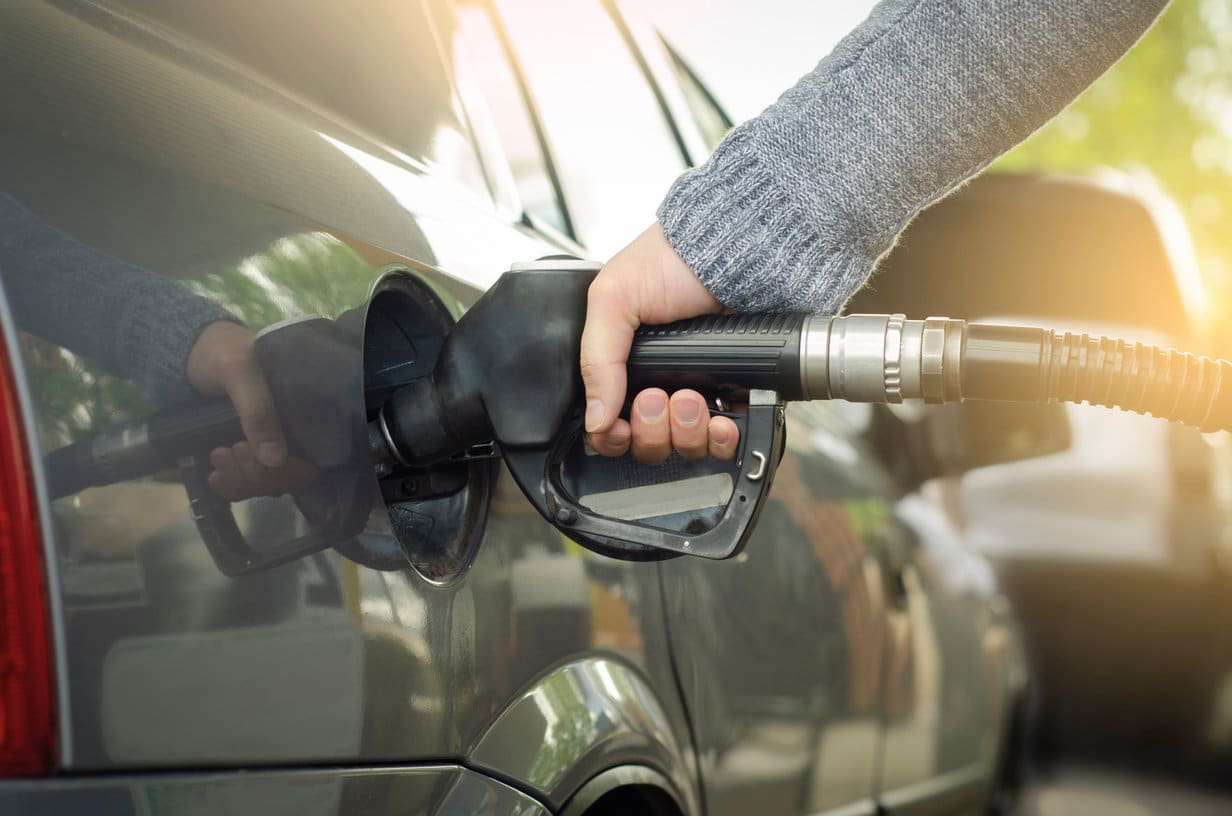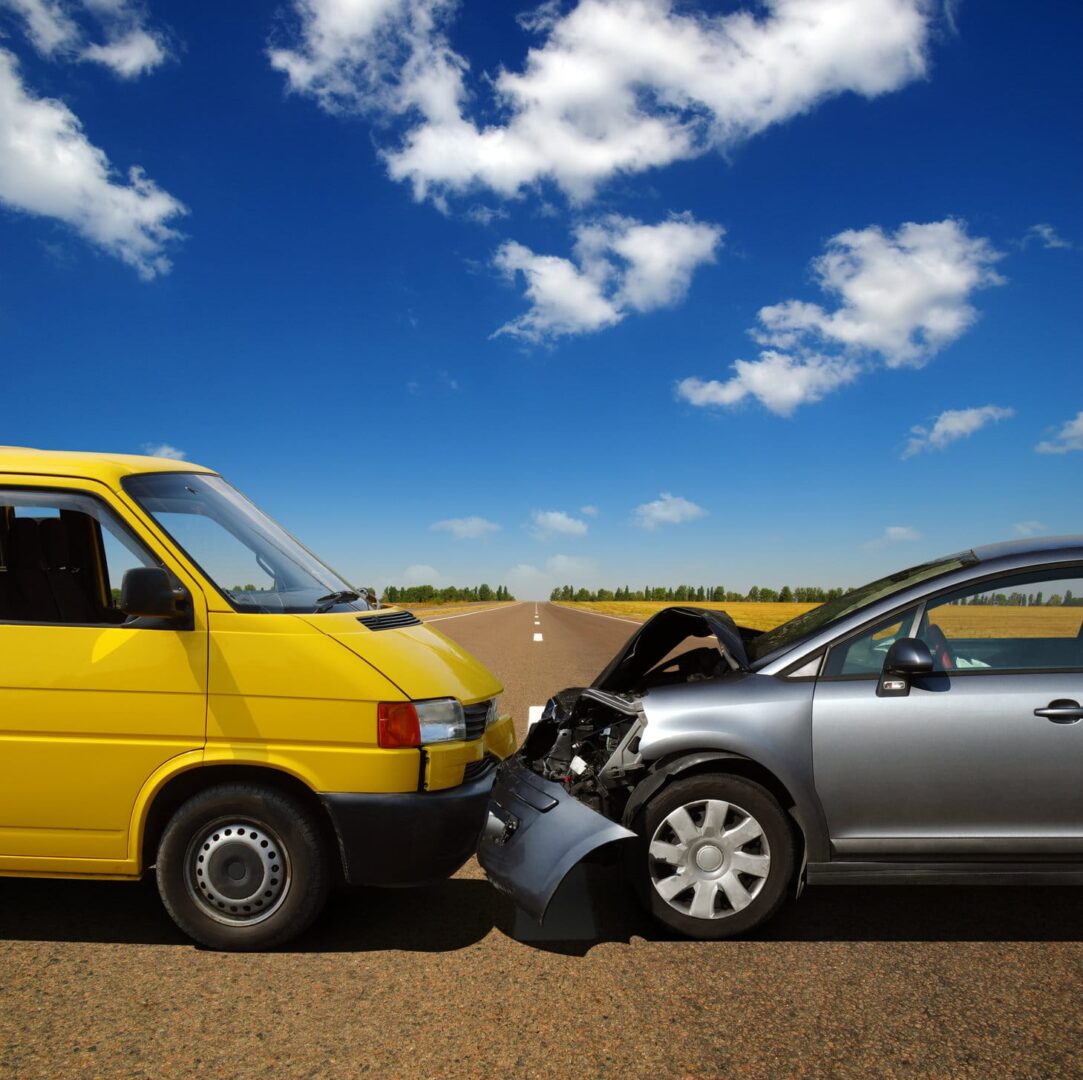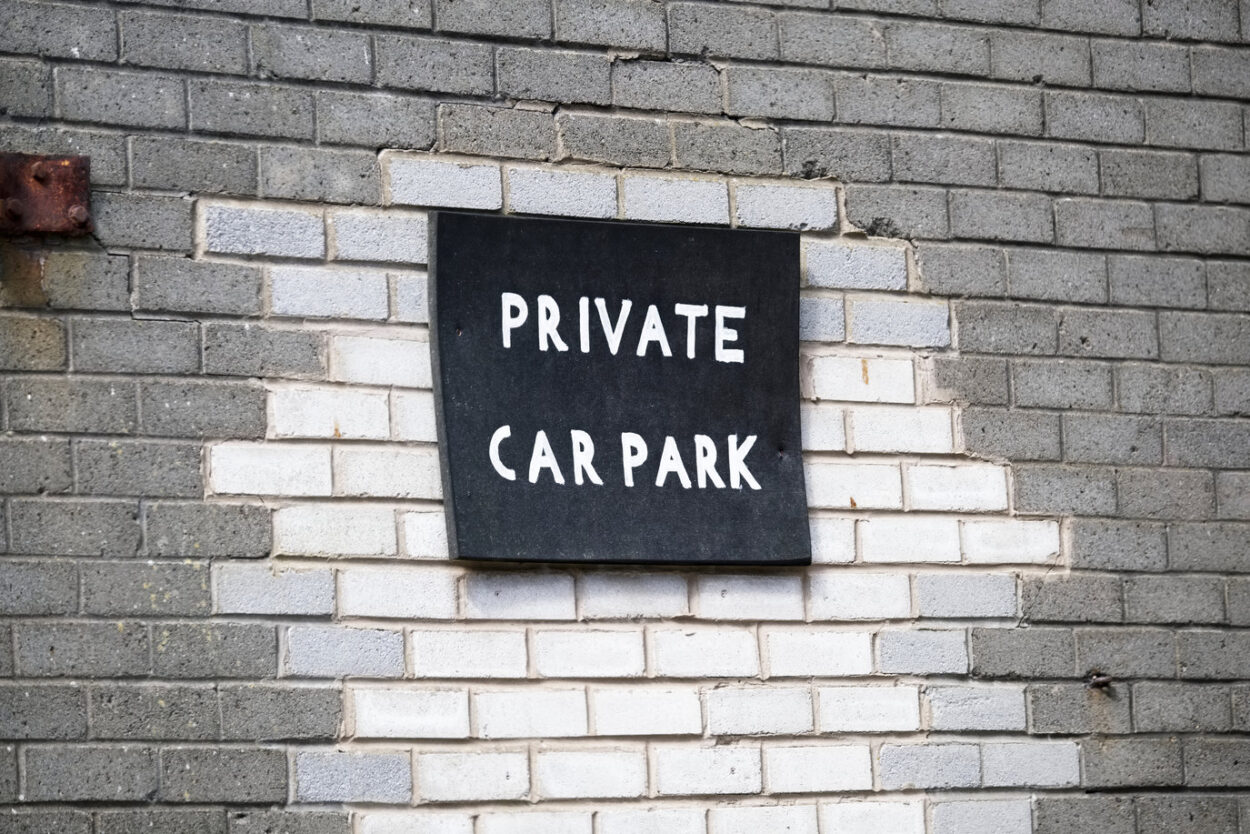Jasmine Birtles
Your money-making expert. Financial journalist, TV and radio personality.


Cars are infamously pricey to run, and not just the vehicle themselves but with additional costs of insurance, road tax, and MOTs and servicing, it all quickly adds up. But fortunately there are measures you can take to reduce your driving costs and save a bit of money.
Did you know that breakdown company RAC offers a service that could mean you get up to £750 towards repairs to pass your next MOT?
There are some eligibility requirements – such as your vehicle must’ve been serviced at an RAC-approved garage in the last 7 days. Your car also needs to be less than 10 years old with under 100,000 miles on the clock.
The idea is that you take your car to an RAC-approved garage for a service and health check before your MOT. If the garage sees remedial repairs that you’ll need to complete to pass your MOT, these could be covered for free by the scheme. Things like lighting, steering and suspension, and windscreen wipers are included. These small things quickly add up – and are often the cause of an MOT fail, despite being easy to fix!
Check the full eligibility requirements and details of RAC MOT Assist here.

Consider getting a cashback credit card. There’s a whole range of credit card types there so do a bit of research to work out which is the best one for you.
American Express often has credit cards with cashback options, but check the restrictions and eligibility – for example, they offer 5% cashback up to £125 cashback total, but you might not be able to spend an Amex card everywhere, as they’re more expensive for retailers.
If you buy your fuel during your weekly grocery shop at the supermarket, check out Tesco and Sainsbury’s credit cards – not only could you earn cashback, but you could also add points to your loyalty card to spend in store.
Eco-driving, also known as hypermiling, is driving a vehicle with particular techniques to minimise fuel consumption and increase your miles per gallon (mpg) figure. Here’s how to do it:
Regular maintenance and servicing of your vehicle improves its efficiency and therefore fuel consumption.
Under- or over-inflated tyres will negatively impact your fuel economy, tyres under-inflated by 15psi can use 6% more fuel. Tyre pressures vary depending on the load you’re carrying, if you’re travelling with a larger load then you’ll want your tyres at a higher pressure. You can find the correct tyre pressures for your car in the handbook.
Accelerate gently and drive in the highest gear possible while keeping within the speed limit. Change up through the gears quickly but keep the revs as low as possible, around 2000 rpm.
The more you brake, the more fuel you’re wasting. Try to anticipate what’s going to happen on the road, if safe to do so at junctions and red lights let the car slow by easing off the accelerator. Speeding up after uses less fuel than starting from scratch.
Cruise control only helps with fuel economy when driving on a constant flat surface, like motorways. Using it at other times can actually adversely impact your fuel economy.
Use heating and air conditioning functions sparingly, they eat away at your fuel so only leave them on when necessary. Wind down the window for old-school and free cooling!
The heavier a vehicle is the more fuel it will use so don’t drive around with unnecessary items. On average, every 50kg will increase your fuel consumption by 2%.
Take off roof bars and boxes if not in use, they create a lot of wind resistance and will cause your vehicle to use more fuel through the drag effect. Driving with your window open or with a sun roof down also causes a similar reaction and will burn through more fuel.

Insurance is one of the biggest annual motoring costs so it’s worth hunting around for the best deals, there are plenty of car insurance comparison tools that you can use. When you receive your renewal quote try and haggle it down, or compare what other offers are available at the time to make sure you get the best price.
It may be worth investing in black box insurance if you think this will help you get a cheaper deal.
Never set your insurance to autorenew, either! Companies will often hike the price without much notice, taking it directly from your bank account. The same goes for breakdown services, too – shop around every year for the best deal.
If your circumstances have changed, look at your current policy even if it’s not due for renewal. For example, many of us are now working from home instead of commuting to the office each day. If this is you – and it’ll last until the end of your insurance policy – change the terms. Instead of ‘business, social, and domestic’, you can change your policy to just ‘social and domestic’. Similarly, you can see if reducing your annual mileage will reduce the costs, too.
Driving out of your way to find a cheap petrol station is a false economy. Instead, get to know the stations in your local area and those you pass on regular routes. Keep a mental note of prices as you drive by them and look out for price drops so you’ll know the cheapest option for when your tank is getting low.
The RAC noted that at 42 mpg (miles per gallon), and driving 10,000 miles a year, a 10p increase in the price of diesel would cost an extra £100.82 a year!
Google Maps and other sat nav apps like Waze will show you the quickest route to your destination with the ability to adjust it to show you the most economical route.
Before you set off check the route for traffic, too. Google Maps and Waze will both update in real time with estimates for how long traffic will last. Stop-start driving is awful for fuel consumption and economy so see if there are any alternate routes you can take to avoid large amounts of traffic.
Summer weekends and Bank Holidays are notorious for endless traffic jams. If it’s possible, try setting off at a much earlier hour in the day to avoid the worst of the traffic – or drive later in the evening, too. This is also a great tip for those travelling with families – there’s nothing worse than being stuck in a traffic jam in a hot, stuffy car with grumpy children! Travelling much earlier or later means you won’t face such heat as the middle of the day (and might strike lucky enough to travel during nap-time, too!).
If you only use your car occasionally, consider ditching it altogether. Instead, sign up to a car share club.
In heavily urban areas car share services and car clubs are becoming very popular. They’re perfect for people who only need use of a car on occasion and don’t want to be burdened with all the extra costs a car comes with. You simply book a car for an hour or more, pick it up from a location close to you (often street parking near your home) and return it to the same spot! You won’t have the ongoing costs of running a car – but you still get the convenience of one when you need it.
BlaBlaCar, and Enterprise Car Club are great sites to have a look at with various options available including either hiring your own car or carpooling with people going in the same direction.
Prices vary but starting off from around 30p a minute, or £5 an hour.
If you don’t want to get rid of your car completely, consider ride shares instead. Locally, offer to split the school run with other parents each week, or share your daily commute with a colleague.
You can also sign up to sites like LiftShare to find other people going in the same direction as you. Or, if you don’t have a car, you can cadge a lift with someone!

There are plenty of apps available now that help you find cheaper and easier parking spaces, which particularly in big cities can save you a fortune.
AppyWay finds you parking spots (including disabled, electric, and for motorcycles) and shows you the tariffs and restrictions. It also displays UK-wide petrol prices and locations to help you find the cheapest fuel near you.
Parkopedia covers over 70 million parking spaces in 15,000 cities around the world. It gives you directions to parking spaces, shows opening hours, prices, and the available payment methods. It easily lets you add filters to your search such as: street parking, free, or credit card payments, depending on your needs.
An easy alternative is to park on the edge of town where spaces will be cheaper and walk in. (It’s great exercise too!).
If you regularly need to park in the same area, look around for car parking spaces to rent. This can save you an absolute fortune in parking fees! Justpark offers an easy way to book a car park space on a one-off or ongoing basis.

some good points here.